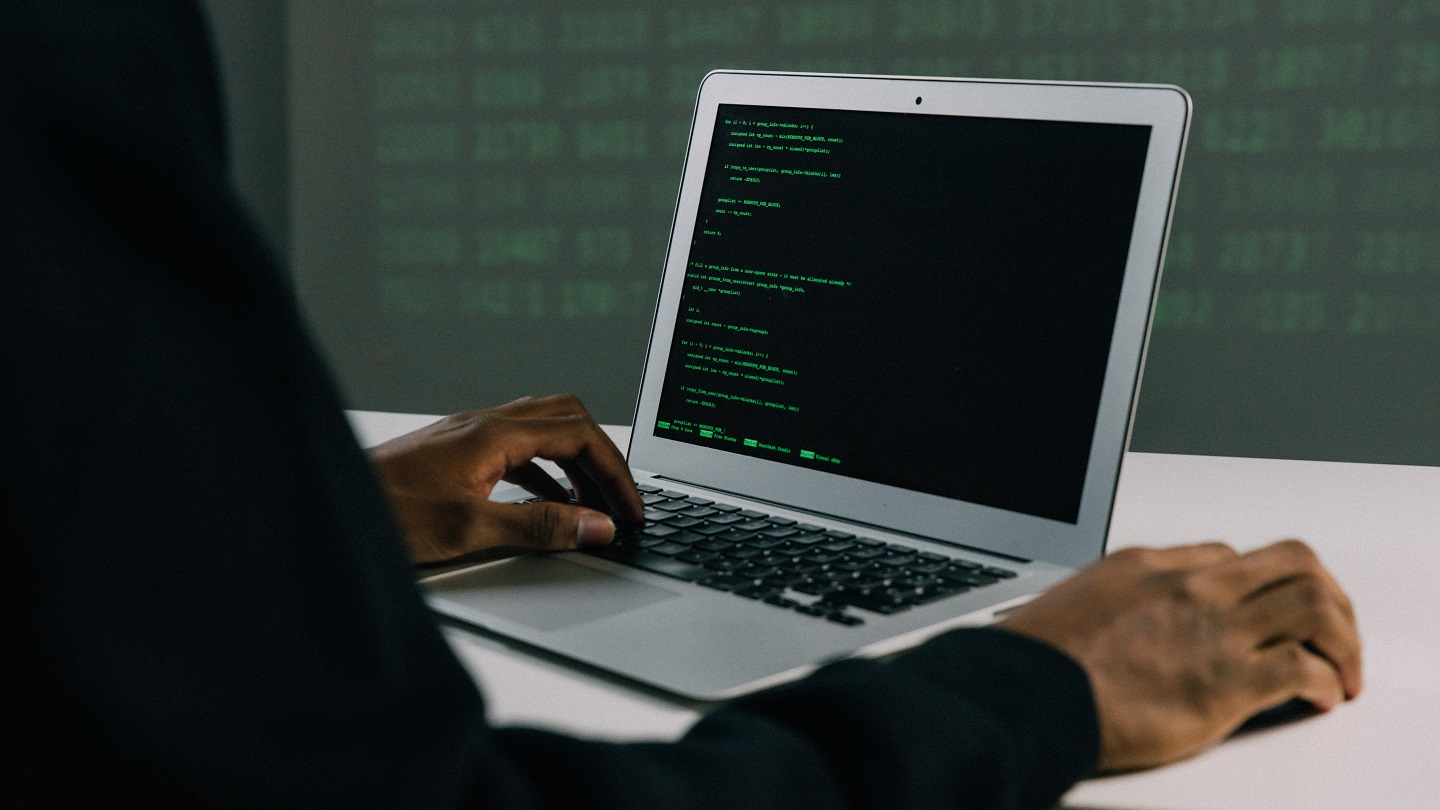In the world of more frequent information leakage, app security is becoming more and more important. There is no denying that hackers’ access is a threat to the safety of users’ data and the whole app business. Even with the trend of hiding data, there is a massive number of information about internet active people still available. Is it possible to preserve mobile application security and protect it all?
In this article, you can learn basic information about mobile app security. Then, we will list some of the best security measures and how to protect yourself. Before the end, learn about the most common security risks and why are they dangerous. With useful information, you can easily upgrade your protection system.
What is Mobile App Security? Definition
It is definitely noticed that the term mobile app security is mentioned very often in the modern era. Generally, it is difficult to provide a unique application security definition, since it covers many ways of threat and protection from it. but, we can conclude that it is a measure or act to secure mobile devices and mobile apps from hackers, malware or computer virus.
The threat can be any security vulnerabilities that can risk the leakage of personal or financial information about users. It is disappointing statistics that about 33% of companies never test their apps for security holes and risk their business.
Mobile app security will take the role of preventing any damage or information leakage. Not all systems and apps have the same program, so it is crucial to find the best way to adapt mobile app security to both iOS and Android systems. Even though company security policies are slightly different for each provider, they both have the same goal and it is to protect the personal data of users.

Why Is Critically Important To Have Mobile App Security?
There are several reasons why is it important to protect user credentials. First, hackers can easily access personal data and use them in other acts than agreed. It simply starts with mobile users downloading compromised apps which allows pushing notifications and using their data. In this shape, it can use bank and financial information without permission requests.
Popular app security tools and protectors scan any downloaded app and seek any danger or virus, like Trojan. It also notifies you for danger, but here is more information on why is good to have a mobile security company or app security system.
10 Benefits Of Advanced App Security
- Protects personal and financial information that devices of users might contain
- Reduces risk of third-party involvement and data using
- Reduces risk of misuse of user information given for the app needs or features
- Reduces concern to businesses for lost of users and invested money
- Help to maintain a good brand image
- Returns and protects the trust between the user and the company
- Builds user confidence and time spent using the app
- Improves trust from important investors
- Having a firm architecture for future updates and development
- Prevent any data leakage
10 Best Practices For Mobile App Security
There are some good practices and application security controls that can help with keeping the app completely safe for use. Yet, bear in mind that none of them are permanent solutions. Every security system can be broken with a more modern version of virus, malware or hacker attack and it isn`t safe to install a security system once. With regular application security testing and combining other layers of security, you can be safer for long-term use. Here are some of the best practices.
Adopt a DevSecOps Approach
This approach aims to find security holes and common security lapses to find the weak spots and possible threats. When the threat rises, it starts to solve it as quickly as possible to prevent further damage. It is also a great way to do the job in the shadow and for constant monitoring.
Implement a Secure SDLC Management Process
The secure development life cycle or SDLC is a process of developing the product from the beginning. Going through all activities until it is fully developed, it is checked how secure each step is. This means only security-trained employees can use the prototype’s insecure environment to finally securely deliver it to customers. This process includes checking security features in every step of the development.
Address Open-Source Vulnerabilities
Numerous tools and applications for security measures are made to find and detect possible vulnerabilities of the app. Since this is outsourced help, you will have some additional costs for using it, but also it will regularly notify you about any problem.
Automate
Automation of the security check process and using an application security routine is a great ways to keep your app or device constantly safe. It is impossible to track all threats manually, so checking with a computer system is a great way to overcome physical problems.
Be Aware of Your Own Assets
To gain good insight into your organization and to become aware which are your low points for possible attacks, you need to be aware of your assets. It is good to test lapses in codes as often as you can to learn how to fix them quickly.
Risk Assessments
Try to think like an attacker and write the entire code you think they will use. Then, test how your system reacts and can it defend itself from same or the similar threats. It is great to check which are low points and if the application security features stand attack and how will they react.
Security Training for Developers
Your developers must always be on track with the latest trends and trained to answer them. They are responsible for pushing core code into production, so they should be able to defend it. To help them, develop communication protocol and networking protocol in emergency situations. Always use experienced security developers to solve bigger issues and mentor others.
Manage Containers Properly
Always be sure that our containers are properly secured and signed. Run automatic scans to detect any open-source or third-party vulnerabilities to secure it. The use of the container can be especially vulnerable through a common pipeline, so this should be the most controlled point for overall container security.
Limit User Access to Data
There are some possibilities for users to have an insight into your data. But, restricting important data can save your app. Determine who can use it and create rules to access or form of authentication. This prevents regular users to misuse important data.
Encrypt Your Data
Encrypting data is very important when you use web applications and have data both in rest and transition. You can use basic encryption for less sensitive information, but for sensitive information like ID information be sure to use the strongest programs and have strict encryption standards.
Enter into Shoutem app builder and start creating your app!

Impact of Weak Mobile App Security
Several impacts can really make damage your app and device. Collecting different metrics about users is now controlled by law and you need to protect it well from theft. Here are some possible bad impacts if you don`t have good mobile app security.
Customer Information
Mobile users are in big threat when they provide information to third parties and unauthorized applications. It is possible to steal some of the most personal information even if they don`t answer the call or message. Viruses can be easily spread even through some popular and used apps, so every provider should do maximum to protect users from it.
Financial Information
There is a common case in that hackers used credit cards and stole money from bank accounts simply because the bank didn`t have a one-time password or good check for authorized users. This can be a serious problem where users can sue banks or other money provider with enormous penalties.
IP Theft
IP stealing and cloning are very common with games and intellectual property. The common user can have a difficult time saying the difference between clones, but the hackers can make money from their downloading. Not only it can lose many users but also result in forbidding the whole program.
Revenue Loss
Owners of the app make the most money on premium versions. It is usually a basic mode that is free, but if you want special features, you need to pay. Premium versions should have extra security to overcome and further overcome loss.
Brand Confidence
The big problem of losing crucial user data is possible lawsuits from those users. Loyal customers can easily lose trust in-app and they will probably never come back once their confidence is lost. This is an important part of risk management that every company should think of.
Most Common Examples of Loopholes in Mobile Apps’ Security
Usually, mobile apps aren`t designed to protect user data, but rather to have a user-friendly and attractive surface. Even though there are many different types of apps and possible threats to them, we can group some of the most common loopholes in mobile app security, so here they are.
Insecure Platform Usage
Many Android apps become vulnerable when their developers ignore or don`t test recommended practices published by Google for communication with the mobile OS using unsecured intents or platform permissions. The app is exposed to hackers when the developer doesn`t secure exported services. it is common for developers to ignore the use of Local Broadcast Manager to receive messages for legitimate apps.
Ignoring Updates
Android users tend to avoid updates or don`t check if they need to update apps regularly. This results in issues and a lack of protection which can show vulnerabilities better. Updates act as covers to protect app data from exposure and problems in further use.
Rooted Devices
Android lets its users use third-party or unknown apps to root devices. It can be a big security problem since it is exposed to malware and virus. It can be easily prevented if a developer limits app usage for not rooted devices or warn users before using it on rooted devices.
Enter into Shoutem app builder and start creating your app!
FAQ Security of Mobile App
How do you secure your apps?
You can secure your apps from mobile app security issues by using protective programs for personal use and companies for bigger and business use. Even if the company doesn`t have an internal security team, it can be protected by using different protective programs that are available on the market. By using strong authentication procedures, you can successfully prevent data leakage and remain your app safe for use.
Do apps have security?
Not all of the apps have security systems and it is a big threat to unauthorized access. Both business and consumer-centric apps can be misused, but not a big number uses regular and strong protection. Be sure that you check for your data preservation and safety before using an app.
How do I know if an app is safe?
There are some steps to know if the app is safe. You can always check for users’ reviews and feedback. Always use official stores for downloading apps and tend to have a firm device security wall. Prefer only apps you have heard from before and seek information on the internet. Check all permissions that you are asked for and seek for multi-factor authentication mode only. With good antivirus mobile protection, you can generally be safe from any serious attack. The key is in constant updating of the program.
Does Android have built-in virus protection?
Does your phone have built-in protection depending on the model and which software it uses? According to Google, Play Stores is checked regularly by AI systems to fight against viruses and threats. Yet, lack of encryption and not using updates will leave your device soon without any protection.
Additional resources:




